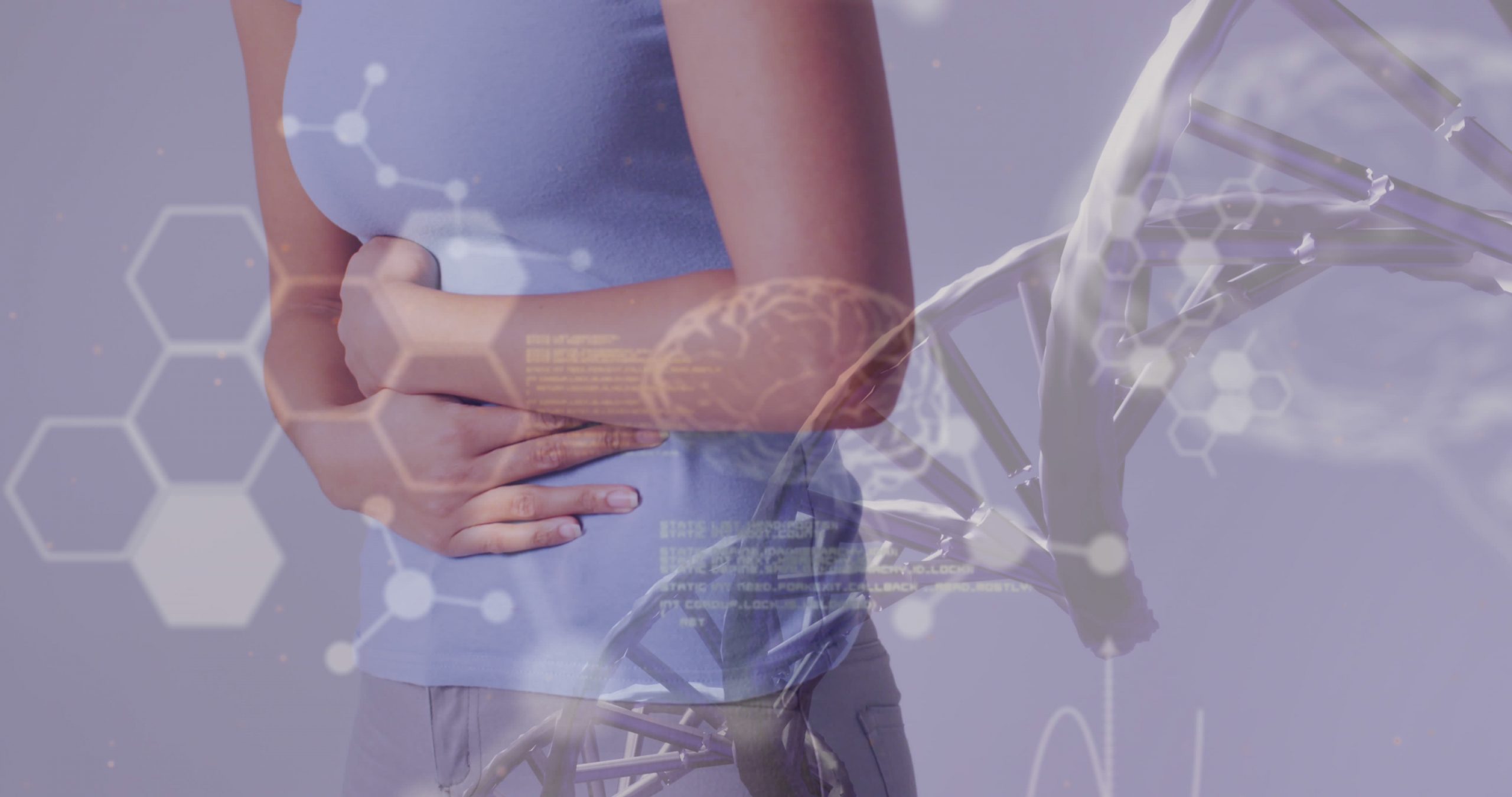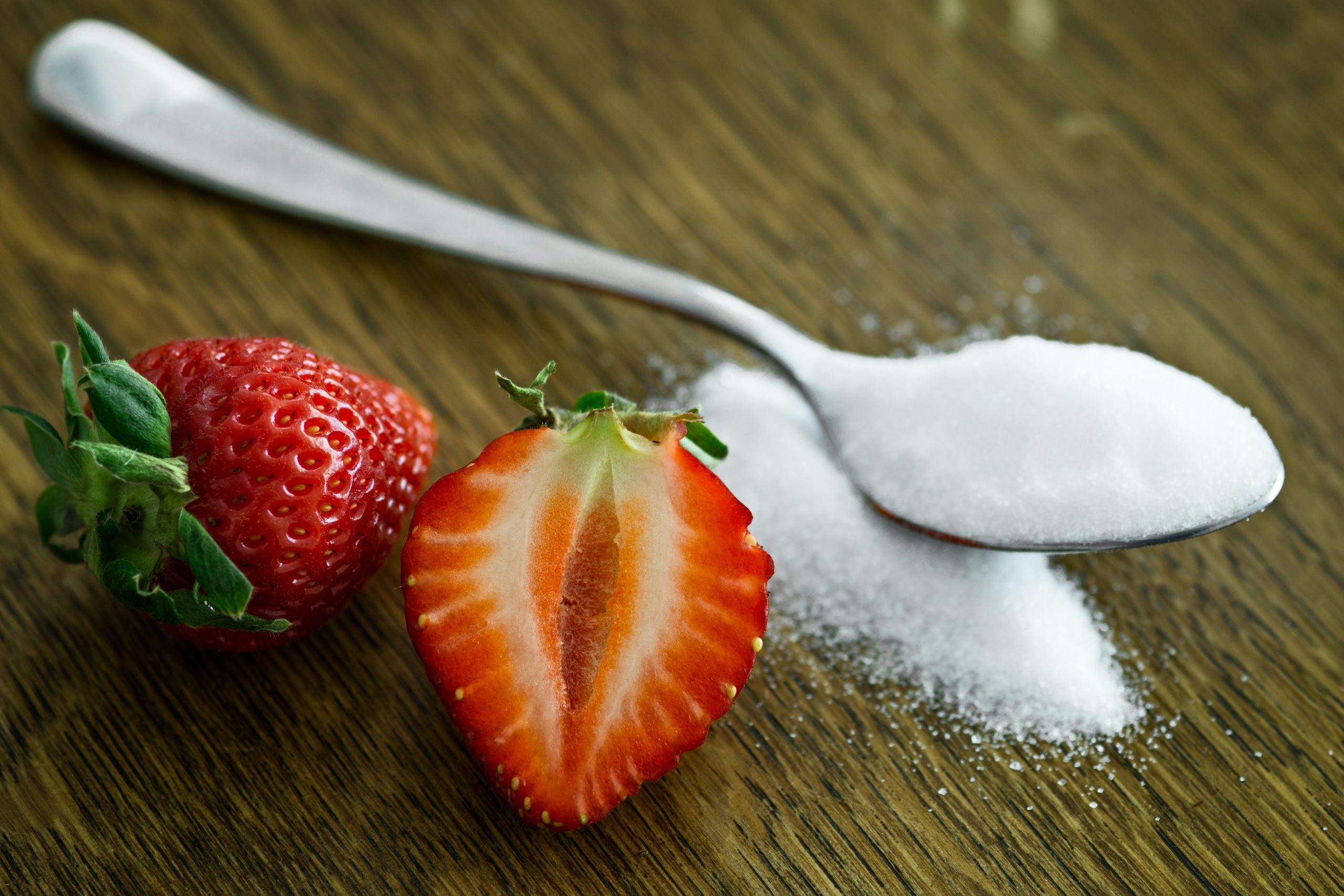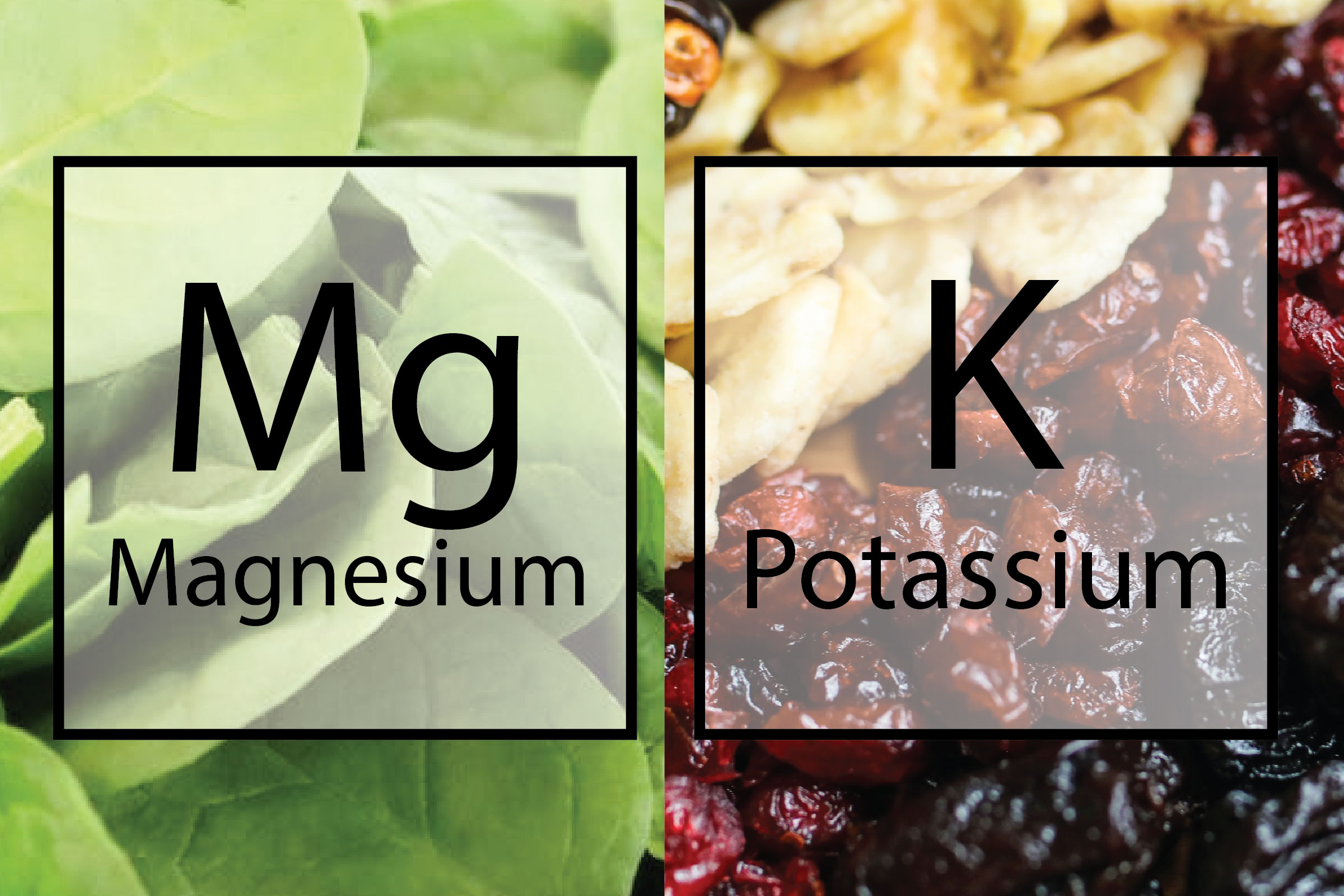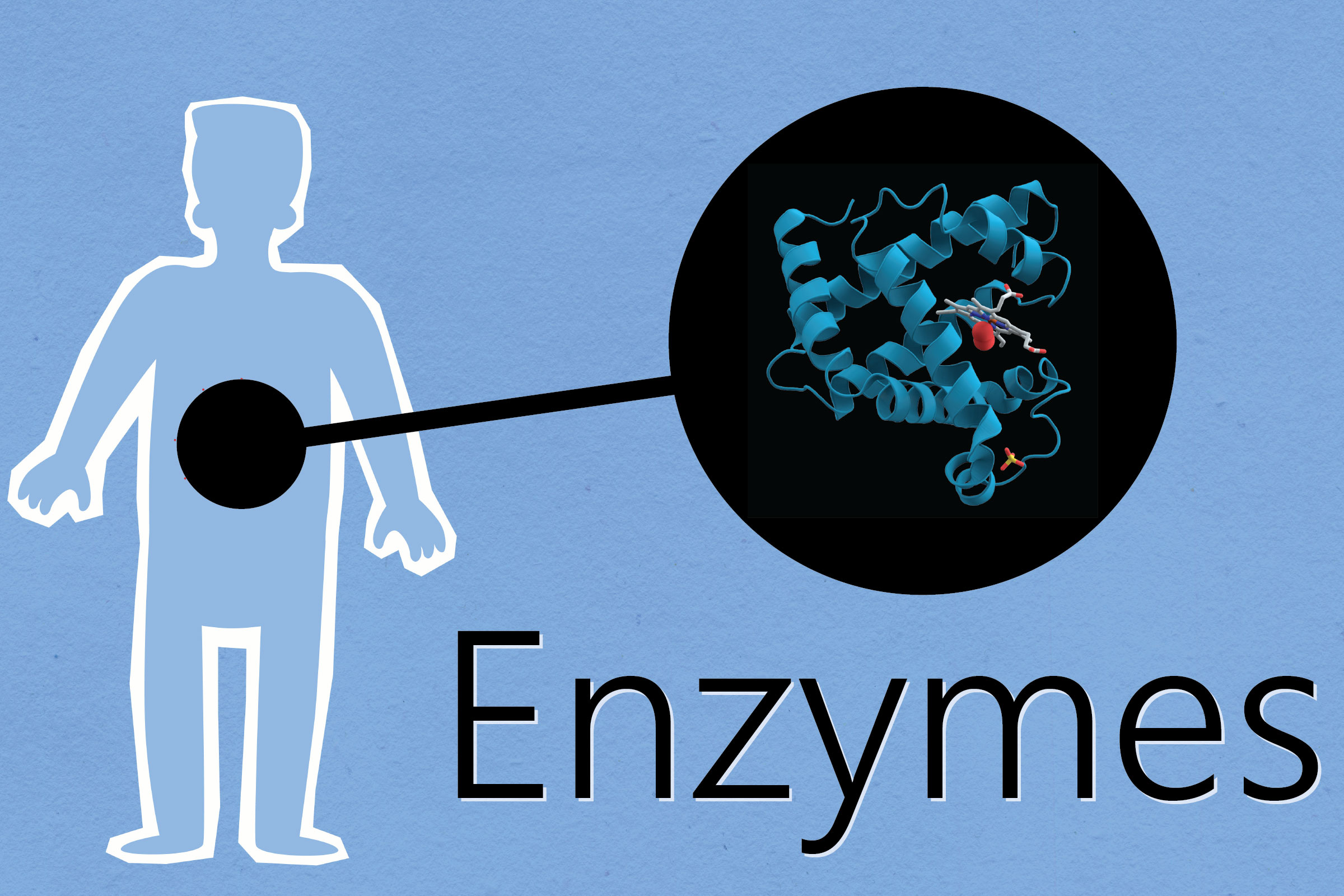In our prior article we mentioned some main causes of lower back pain and some things that can be done to help prevent and get rid of it.
Now, we are going to discuss some other common issues that you most likely never considered, which may be contributing to your chronic back, spinal, joint and muscle pain or stiffness.
I will give you a hint…. INFLAMMATION of the soft tissues! That would entail inflammation of any combination or singularly of the bone, cartilage, fascia, ligaments, muscles, synovial fluid, synovial joints, and tendons.
To round off this newsletter we will make some suggestions as far as what you can do to decrease or avoid this soft tissue INFLAMMATION.
We are not necessarily listing these according to importance or frequency and it is also not unusual to find more than one reason that may be contributing to INFLAMMATION in the soft tissues.

1. LEAKY GUT
When the lining of your digestive tract has been “compromised” or has lost the ability to provide a strong selective barrier, many compounds can pass through the inner lining of the gut. When this happens these different compounds, (food allergens, viruses, bacteria, fungi, endotoxins, drugs, food preservatives, etc.) interact with the immune cells embedded in the digestive tract.
Approximately 70-80% of your immune system is found within your digestive tract and it is often referred to as the gut associated lymphoid tissue (GALT). These cells then release protein messengers called cytokines that can spread throughout the body via the lymphatic and blood stream. Cytokines can illicit an inflammatory reaction causing stiffness and pain in many of the soft tissues mentioned above.
Eating an anti- nflammatory diet, healing the leaky gut, restoring a normal microbiome, cleaning the gut up of different harmful microorganisms, and rebalancing or “normalizing” the GALT is crucial! At our office we have several tests available to determine if you have a leaky gut.
These tests can identify a compound called zonulin that is consistently found associated with leaky gut. Screening for food sensitivities, lipopolysaccharides (LPS), microbiome imbalances and other compounds via the blood and stool can reveal a leaky gut issue.

2. GLUTEN
The storage protein found in all grains is referred to as gluten. The glutens found in grains such as wheat, barley, rye, and spelt, can especially cause a reaction ofthe GALT (gut associated lymphatic tissue) and other immune cells in the body.
This reaction results in soft tissue swelling and inflammation causing potential back, joint, muscle pain and stiffness. Check out this prior newsletter for more information about inflammation caused by gluten.

3. ALCOHOL
Drinking alcohol regularly or binging on the weekends more than a few drinks can lead to a leaky gut. Alcohol has been known to increase an inflammatory compound released by the liver called C-reactive protein. This has been linked to soft tissue, heart, and vascular inflammation.

4. SWEETENEERS/REFINED SUGARS
Cane, beet, brown, raw sugar, fructose, fructose corn syrup all can lead to soft tissue inflammation. There are a few ways, first it has a negative effect on your microbiome by favoring the growth of “unhealthy” yeasts and bacteria causing a huge imbalance in the microbiome leading to a leaky gut.
Second, it can result in a process called glycosylation. This is where the glucose molecule binds with proteins forming advanced glycosylated end products (AGE’s). During the formation of AGE’s there is a release of inflammatory free radical molecules.
Furthermore, these glycated proteins become less elastic and flexible. This can result in decreased joint motion and may lead to a frozen joint like a frozen shoulder. It effects the ligaments and/or fluid inside the joint called synovial fluid resulting in joint stiffness and pain.
Artificial sweeteners can still cause fluctuations in glucose leading to glycosylation. Many will cause an imbalance in the microbiome, as well. Also, many artificial sweeteners are toxic and result in an inflammatory response.
Therefore, consuming artificial sweeteners as an alternative does not necessarily reduce your likelihood of joint stiffness or pain.

5. BLACKENED/BARBEQUED FOODS
These foods contain high amounts of AGE’s. They also contain many other molecules that promote inflammation and damaging free radicals. Consuming a lot of blackened and barbequed food requires your body to utilize more antioxidants and puts additional strain on your detoxification system. Decreased levels of antioxidants can lead to increased soft tissue inflammation.
Furthermore, research has shown that excessive consumption of blackened foods can possibly lead to cancer, as well. So, it is wise not to consume to many of these foods or to consider cooking techniques that avoid blackening your foods.

6. TO MANY OMEGA 6 VS. OMEGA 3 FATS AND TRANS FATS
Most Americans do not get enough omega 3 fats, but plenty of omega 6 fats. This is a problem. Omega 6 and trans fats lead to the production of inflammatory fatty hormones called prostaglandins.
Whereas omega 3 fats promote the production of anti-inflammatory prostaglandins and another class of anti-inflammatory fats called specialized pro resolving mediators (SPM’s).
The best forms of omega 3 is in the form of fish oils. Look for fish oils from anchovy, herring, mackerel, and sardines as these are generally lower in mercury. The oils should also be extracted at low temperatures to maintain its maximal biological benefits.
Sorry to say that the human body poorly converts plant-based omega 3 such as flaxseed, chia, hemp, and walnuts into the beneficial DHA and EPA which are found in fish oils. However, it is still recommended to consume these other plant-based sources due to many other health benefits.
Trans fats or partially hydrogenated fats are found in margarine fried foods and many other processed products. Despite the ban on trans fats, small amounts are still found within many foods. They are basically toxic and have been shown to cause many health issues.
Additionally, products that contain partially hydrogenated and trans fats increase the amount of a damaging free radical called superoxide, which leads to systemic inflammation. They do not necessarily bring down cholesterol, but instead cause damage and stiffening of many tissues in the body, especially the blood vessel walls. Potentially, they affect the ability of blood vessels to dilate properly and therefore cause issues within muscle and other organs.

7. VITAMIN D DEFICIENCY
Many studies are showing the connection of vitamin D deficiencyand spinal, joint problems, and back pain. Vitamin D is vital for proper bone strength, bone remodeling, but also for cartilage and other tissues. Additionally, Vitamin D also regulates the immune system and therefore inflammation.
At Arizona Family Health Centre, we can order a simple Vitamin D3 test to determine your levels. If you know your levels and run 30 mg/dl or below on your Vitamin D blood test, you are deficient. The best results run 60-80 mg/dl. Furthermore, you should be getting at least 2000mg per day of Vitamin D3. You can find out more by reading our previous article on vitamin D.

8. MINERAL IMBALANCES
Electrolyte imbalances involving calcium, potassium, magnesium, and sodium have significant impact on muscle and nerve function and metabolism. Calcium is important for proper muscle contraction and magnesium helps the muscles to relax. When the ratio of calcium to magnesium is imbalanced this can result in muscle cramping, tightness, and stiffness of your back and other joints.
About 40% of the population is deficient in magnesium. Also, there must be a proper ratio of potassium to sodium. Low potassium will result in muscle weakness, spasms, or tightness. Sodium and potassium are important in proper fluid dynamics of the tissues and nerve conduction. These minerals are often affected by adrenal gland function, as well.

9. DEHYDRATION
Water is essential for proper metabolic function to take place in all tissues especially muscle tissue. Many of you are familiar with developing muscle spasms when you are extremely dehydrated. However, sometimes simply having tight or stiff muscles can be a sign of dehydration.
The intervertebral disc especially the inner portion called the nucleus pulposus is about 70-80% water. So, dehydration can disrupt the normal functioning of the discs throughout the spine. Water is also important in the removal of waste material and toxins that may be found in the fascia and muscles.
Toxic build up can result in stiff muscles, joint and back pain, too. One should drink about 6-8 oz. of water per 50 lbs. of body weight per day.

10. NIGHTSHADES
These are a group of related plants that contain compounds called solanines. Tomatoes, white potatoes, all peppers, paprika (a pepper), eggplant, tomatillo, goji berries, and ashwagandha are all in the nightshade family.
In certain individuals they find that the various solanines cause an inflammatory change especially regarding your muscles, tendons, and joints. This of course can result in chronic back and joint pain. So, you may want to try avoiding these foods and see if your muscle, back, and joint pain diminishes.

11. LACK OF ENZYME PRODUCTION
The human body produces not only digestive enzymes but many other enzymes in the body to regulate the immune system, inflammation, detoxification, improve circulation (fibrin degradation), break down fibrotic/scar tissue, proper metabolism and many more reactions.
Many of these enzymes are produced in the liver and immune cells, while the digestive enzymes are created in the stomach, pancreas, and small intestine. As we age the levels of digestive and systemic enzymes naturally decreases. Having a poor diet, misbalancing our microbiome, exposure to multiple toxins, straining or damaging our liver and immune system can lead to decreased or overwhelmed enzyme systems.
The bottom line is that this leads to inflammation, joint, neck and back pain. Therefore, an immediate solution to this problem is to utilize systemic enzymes such as bromelain, chymotrypsin, nattokinase, papain, and serrapeptase to reduce inflammation and pain. We do implement these enzymes in our office.
For Long-term results consider eating fermented foods, raw foods with natural enzymes intact, unprocessed real foods with natural fibers, “clean” protein sources, and getting adequate levels of vitamins and minerals as this is vital for enzyme production.

12. MENTAL AND EMOTIONAL STRESS
Chronic levels of stress can cause the body to be in a constant state of fight and flight. When the nervous system is in a constant state of excessive sympathetic stimulation it can cause increased muscular tone and tightness.
Additionally, excessive stress hormones such as adrenaline, noradrenaline and cortisol will result in increased muscular metabolism, muscular tightness, and weakened cartilage, ligaments, and discs. The weakened connective tissue results in increased instability of the joints and increased likelihood of injury and pain.
Another interesting thing is that certain emotional states such as anxiety and depression can lead to increased sensitivity to pain and inflammation. We call this phenomenon as “central sensitization”. To help with stress, practice relaxation techniques, such as deep breathing, massage therapy, acupuncture, or Bach Flower remedies.
Additionally, certain herbals and supplements may be helpful. We offer a variety of these herbals and supplements in our office.

13. POOR SLEEP
Without proper sleep your body does not have adequate time to rest, repair and rejuvenate your tissues. Improper sleep can affect neurotransmitter activity which affects our pain threshold and intensity.
It is also thought that without proper sleep, the blood vessels do not adequately relax, and blood pressure does not drop as much as it should. This can spark cells in the blood vessels to produce inflammatory compounds and can affect the surrounding muscles and other soft tissues in the delivery of nutrients and oxygen.
Many studies have found an increase of inflammatory cytokines and prostaglandins with inadequate sleep. Lack of sleep may also alter different hormonal levels such as cortisol, insulin, estrogen, progesterone, testosterone, melatonin, thyroxine, leptin, ghrelin which also have a modulating effect on the musculoskeletal system and can increase likelihood of weight gain.

14. LACK OF EXERCISE
This one is obvious. Lack of proper flexibility, strength and coordination is crucial for proper joint and back function. However, a large majority of us could benefit from taking better care of ourselves and as we age, we need to make more of a concerted effort to do so.
Many people have a sedentary lifestyle which can be a ticking timebomb for joint and back/neck problems. Check out this video for exercises you can do to help prevent and ameliorate your back and neck problems. We are adding more video content like this regularly.

15. POOR POSTURE AND REPETITVE ACTIONS
Last, this is a no brainer! Most everyone is aware of proper ergonomics, but often they do not apply these principles. Everything from proper lifting, bending, sleeping, sitting, computer usage all come into the mix regarding your health and avoidance of pain.
Likewise, it is important to consider how the feet and ankles play an important role in the body’s posture! They are the first and one of the most important influences on your weightbearing posture and balance. Your feet can be evaluated in our office to see if they are providing adequate support to your posture. We also have custom foot orthotics available to help relieve pain during daily activities.
CONCLUSION
There are many other factors to consider when you are experiencing back and other joint issues. It may not be simply, “somethings out of place.” To better understand one’s individual pain and stiffness, this not so obvious list of common health issues should be considered, as well.
Furthermore, there are additional causes that can be related to autoimmune syndromes, such as fibromyalgia. We will discuss those in another newsletter.
However, if you are having persistent joint, back and/or neck issues you should get a proper evaluation by contacting our office, for a chiropractic appointment, at (480) 732- 0911.
Best of Health,
James D. Reade, DC CFMP

